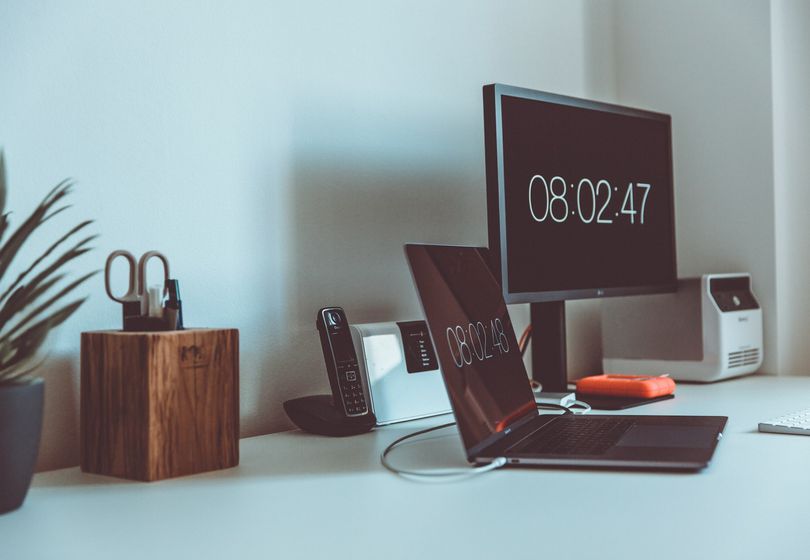
Welcome to this informative article unveiling the secret behind your PC's performance. In today's digital age, where technology plays a crucial role in our daily lives, the speed and efficiency of our computers have become more important than ever before. Whether you use your PC for work, gaming, or simply browsing the internet, understanding what factors affect its speed can make a significant difference in your overall experience.
When it comes to PC performance, there are several key components and factors that play a vital role in determining how fast your computer runs. Let's dive deeper into some of these crucial elements:
Processor
The processor, also known as the CPU (Central Processing Unit), is often referred to as the brain of the computer. It is responsible for executing tasks and processing data. A faster processor generally means better overall performance. Upgrading to a newer and more powerful CPU can significantly boost your PC's speed.
RAM
RAM (Random Access Memory) is another critical component that impacts your computer's speed. Having an adequate amount of RAM allows your system to handle multiple tasks simultaneously without slowing down. Insufficient RAM can lead to performance issues and slow overall speed.
SSD
Upgrading from a traditional HDD (Hard Disk Drive) to an SSD (Solid State Drive) can greatly enhance your PC's speed. SSDs offer faster read and write speeds, resulting in quicker boot times and improved overall performance. Consider investing in an SSD for a noticeable speed boost.
Fragmentation
Over time, files on your hard drive can become fragmented, leading to slower access times and decreased performance. Defragmenting your hard drive can help organise and optimise data, improving overall speed. Regularly defragmenting your drive is essential for maintaining optimal performance.
Drivers
Outdated or faulty drivers can negatively impact your PC's performance. Make sure to keep your drivers up to date to ensure compatibility with the latest software and hardware. Updating drivers can resolve issues, improve stability, and ultimately boost speed.
Overheating
Overheating can cause your PC to throttle performance to prevent damage to internal components. Ensure that your computer has proper ventilation and cooling to maintain optimal temperatures. Regularly cleaning dust and debris from fans and heat sinks can help prevent overheating and maintain consistent performance.
BIOS Settings
The BIOS (Basic Input/Output System) settings in your computer's motherboard can impact performance. Tweaking settings such as boot priority, overclocking, and power management can optimise performance. However, it's important to proceed with caution and be aware of the potential risks associated with modifying BIOS settings.
By paying attention to these key factors that affect your PC's speed, you can optimise your system for peak performance. Whether you're a casual user or a power user, understanding how to fine-tune your computer can make a significant difference in its overall speed and efficiency.
Remember, maintaining a well-optimised system through regular updates, cleanups, and hardware upgrades can go a long way in ensuring a smooth and enjoyable computing experience. Take control of your PC's performance today and unlock its full potential!
